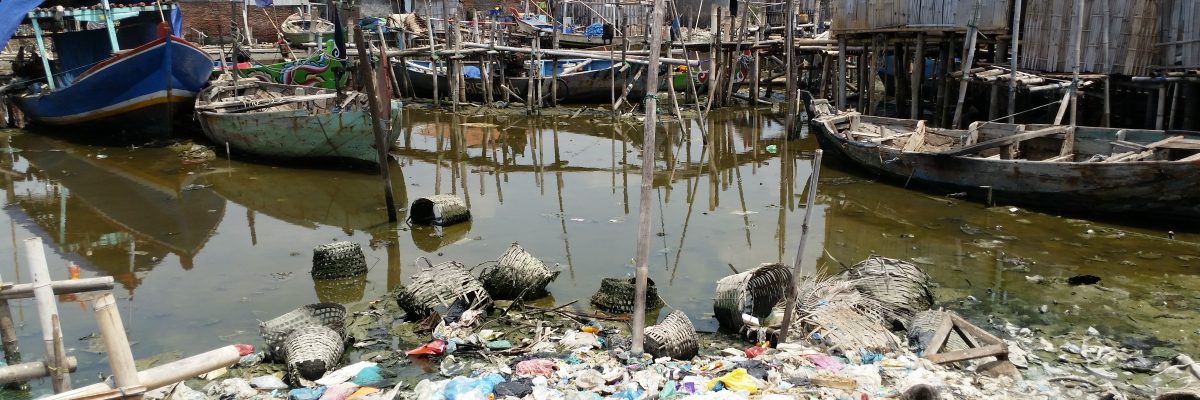For the attention of: These research findings can be useful for local agencies involved in environmental change mitigation, planning and development, and public health, but can also provide insights on health-related risk perception and coping strategies of populations in other coastal areas in Indonesia and other developing countries exposed to environmental hazards.
The problem: Limited knowledge exists regarding specific situational health-related risk perception and associated coping and adaptation behaviours.
Yet it is imperative to gain insight in how risk-perceptions are related to coping strategies concerning environmental change in order to develop relevant targeted protective mitigation and adaptation strategies for local populations at risk
What we did and why: To address this knowledge gap, a concurrent mixed methods study design was applied, including a cross-sectional survey, six focus group discussions and eight semi-structured key informant interviews with village officers and healthcare workers, to collect community level data to inform local policy makers. This provides data allowing for assessing adequacy of local-level coping mechanisms for improvement of mitigation and adaptation policies.
What we found: Inhabitants of coastal Semarang experience increase of temperature, drought, land subsidence and inundation.
- Locals link environmental change to detrimental human action, poor sanitation and waste management, yet insight into disease mechanisms is suboptimal, leading to inadequate health coping.
- Coping is mainly short-term due to the frequency and intensity of environmental events.
Environmental hazards result in a financial burden due to loss of income and necessity to conduct costly coping strategies.
Implications for city policy and practice:
Planning and Development
- Need better to consider strategic planning and budgeting decisions in the coastal area, including environmental and health issues.
Public Work
- Must develop improved infrastructure (drainage, waste management, housing, polder/dam) to mitigate environmental risks in coastal regions.
Health Agencies
- Ensure that development of sanitation, fresh water service, disease prevention and health education programs in the coastal community can be implemented through existing primary health care educational programs.
Full research article: Environmental change and health risks in coastal Semarang, Indonesia: importance of local indigenous knowledge for strengthening adaptation policies
Authors: Julie van de Haterd, Budiyono Budiyono, Yusniar Hanani Darundiati and Ernst Spaan
Editor: Marcus Grant




